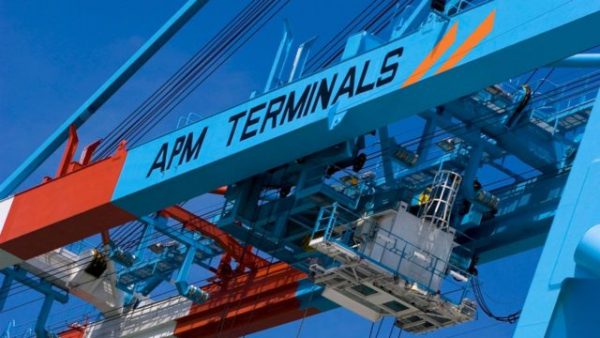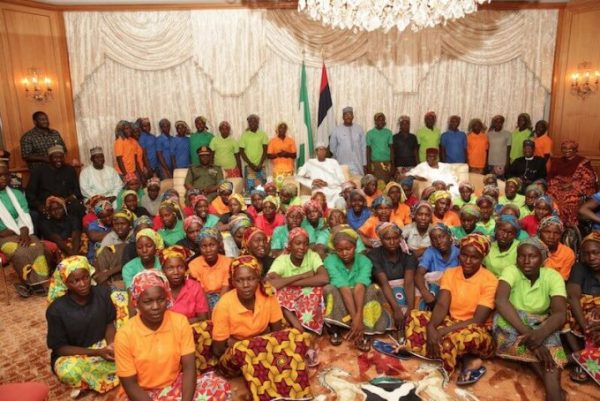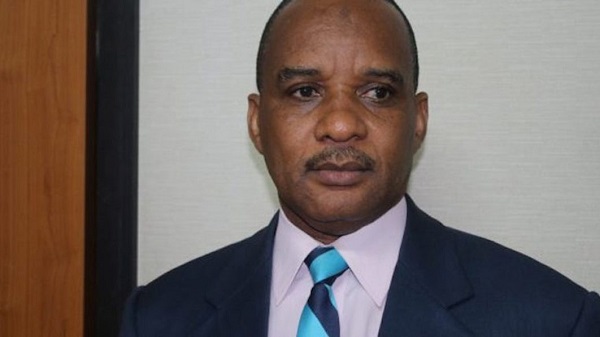AfCFTA: Nigeria, ECOWAS Yet To Develop Implementation Strategy

· Nigeria Customs, stakeholders lament tariff barrier
· Foreign donors give Africa $58billion as development assistance
Nigeria and her neighboring West and Central African countries are yet to firm up strategies for the implementation of the African Continental Free Trade Agreement(AfCFTA) in the face of numerous challenges militating against the effective operation of the intra-African free trade initiative.
The Nigeria Customs Service(NCS), private sector stakeholders and the African Transport Ministers have enumerated constraints to AfCFTA implementation but key amongst them is trade barriers among countries within same regional blocks in West and Central Africa.
Consequently, they called for a comprehensive continental trade policy review.
Recogitating and reiterating the assertion of some senior customs officers on the need to review the ECOWAS Trade Liberation Scheme(ELTS) which has some tariff barriers to determine the free trade structure of AfCFTA for a seamless application, the Converner/Secretary General, Customs Consultative Council(CCC),Dr. Eugene Nweke affirmed ECOWAS is a regional block in trade.
He further explans:“Now we are looking at a continental trade. What policy review is being put in place against the background of ETLS implementation to leverage AfCFTA? Or, are we going to have two regimes of trade application? In essence, ETLS must be reviewed to make room for AfCFTA because we are looking at the tariff structure which means we are talking about the rate of goods. If you are dealing on 5 per cent, it means you are dealing on free trade which entails a minimum of 0 or 5 per cent across board. But if you want to use trade barriers to checkmate the same agreement, it will not work well.
Nweke added that “There is need to review and remove ETLS so that the trade barriers can be removed. This is what is applicable in East and South Africa. Central and West Africa have not done that, especially West Africa. There are still trade barriers which include tariff, structural but the main ones are trade administrations and enabling laws.Structural and infrastructure barriers have to do with road networking.
He attested that the African Development Bank, ADB through the support of African Union,AU andUnited Nations,UN and USAiD are putting money together to solve the structural barriers. What they spent in the first instance under PIDA- PAP1 was about $160billion. Recall that they could not execute all the plans but the money was budgeted. So does Nigeria benefit from this?
Internal trading will earn Africa more than $58 billion in development assistance, the Africa Continental Free Trade Area (AfCFTA) has said.
The Chief of Staff, AfCFTA Secretariat, Silver Ojakol, made this known on behalf of the Secretary-General, Wamkele Mene, at the 2023 Regional Integration Issues Forum(RIIF) in Accra, Ghana.
The RIIF is a sensitization mechanism and an interface platform for stakeholders involved in regional integration and continental trade initiatives.
The 2023 RIIF aimed at increasing awareness of the AfCFTA and its benefits for SMEs, as well as to strengthen SMEs’ capacity to engage in intra-African trade.
In a statement, Ojakol explained that large earnings would be initiated if the Small and Medium Enterprises collaborate and embrace the tenets of AfCFTA to overcome trade barriers.
He emphasised the importance of the AfCFTA for SMEs, noting that the agreement is not for big corporations.
“The agreement was designed and framed for the women and young men who on a daily basis face challenges across the continent when crossing neighbouring borders to trade in goods and services.
“If African countries came together and achieve just one percentage increase in trade amongst itself, we would earn 70 billion dollars, which will be higher than the 58 billion dollars given by donors as development assistance,” he noted.
Meanwhile, at the recent 4th Ordinary Session of the Specialized Technical Committee on Transport, Transcontinental and Interregional Infrastructure and Energy, the African Transport Ministers observed and resolved to make commitment towards the acceleration of Transport infrastructural development to aid the AfCTA implementation.
They observed that transportation costs in Africa is 50 – 170% higher than other part of the world due to poor infrastructure and as such about 60,000Km to 100,000Km new roads are required by year 2030 to meet the demands for effective intercontinental connectivity in Africa.
They noted that infrastructural pace at hand cannot match the increasing demand from African communities and markets, thereby impacting negatively on competitiveness and participation in global markets.
They regretted that African countries annual national economic growth has reduced by 2% and the industrial productivity growth reduced by 40 per cent
Appreciating that the Action plan for the implementation of PIDA – PAP2 Project containing 69 large scale project is underway, and it is expected to cost above US$160billion over a 10 year implementation plan, they noted Projects financing and implementation challenges encountered shows that, out of over 430 projects in PIDA – PAP1, about 50% of the projects failed to reached the construction stage, while 30% failed to go beyond the feasibility stage.
While success was recorded in the Transport sector as 16,066 kilometers of roads and 4,077 kilometers of railways have been developed, strengthened by nearly 120 single boarder post,in the Energy sector , 3,506 kilometers of transmission lines were installed, lighting the way for 232 GW of electricity and connecting African electrical networks.
It was noted that, over the past 20 years, the African Governments spent 3.5 per cent of their GDP on infrastructure development. at 3.5 percent when compared to China 7.7 per cent and India 5.2% GDP spent on infrastructure, is low.
They recognized the need to tackle the impediments to universal infrastructure services need in the continent. Such impediments includes: Policy, Regulatory, Financial, Technical, Capacity Challenges and other new emerging challenges ranging from, the Climate Change, Russian Ukraine crisis and Disruptions in Global Supply Chain.
However, these among other observation and resolutions taken triggered many questions and concerns.
Nweke, who is also the Head of Research at Sea Empowerment and Research Centre(SEREC) asked many questions that called for answers.
▪︎ What is the level of the Nigeria government responses and interventions in relation to harmonizing strategies, strengthening cooperation and accelerating the projects implementation?.
▪︎ What is the government’s compliance state to the ratification and domestication processes in relation to the Road Safety Charter, the Maritime Transport Charter, the Luxembourg Protocol on Railway Rolling Stocks and the Yamoussoukro Decision?.
▪︎ What policy framework is in place to fast track the creation of an enabling environment for the private sector and public private partnerships to build institutional capacities and implement the necessary emerging technologies, for example market liberalization policy?
▪︎ What is the administrative program in place to cushion, drive and expedite actions in relation to designing a climate resilient, smart infrastructure developments, increased support for digital solutions and maximizing the emerging technologies aimed at promoting efficiency of transport and energy services in the nation?.
▪︎ How much of the nation’s annual GDP shall the government dedicate on infrastructure development yearly?
▪︎What deliberate policy national plan is presently on in place to meet the demands for effective interstate and rural connectivity infrastructure that matches the increasing demand from the rural communities and markets places, and how do the local farmers and miners attain competitiveness and participation in regional and continental markets?.







